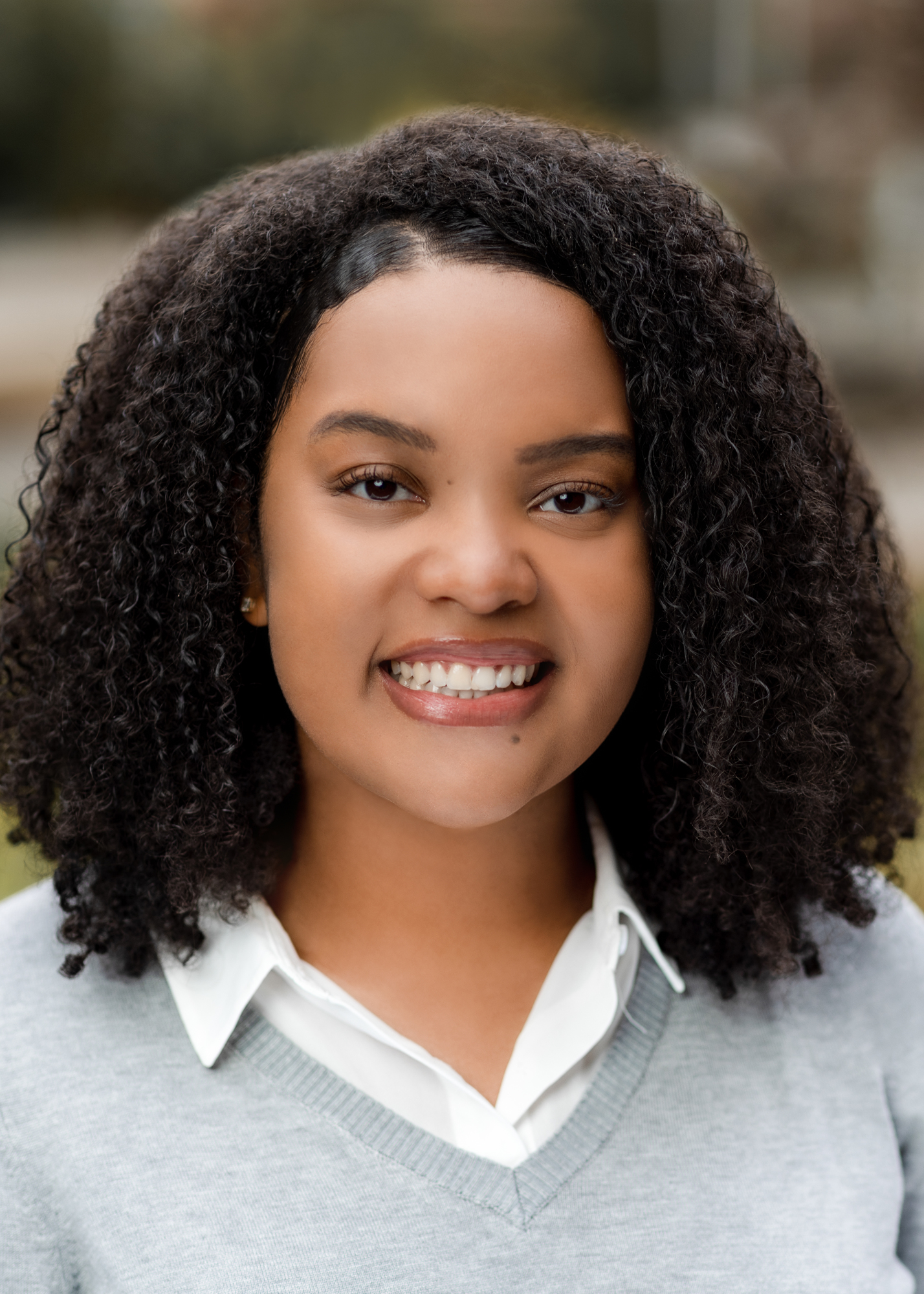Alcohol & drug education and prevention
On this comprehensive resource page, the links below can direct you to services, events, and resources that LiveWell offers in support of alcohol & drug education and prevention.
Services
Alcohol and/or Other Drug (AOD) Consultations
Individual alcohol and/or other drug consultations are for UW Seattle students who wants to learn more and reflect on their individual use of alcohol and/or other substances. Students can learn how college drinking norms or other substance use relates to their own individual behavior. Meetings incorporate information about use patterns, individual drinking cues, harm reduction skills, impacts on academics and athletic performance, strategies for relaxation and stress management, as well as resources for those interested in abstinence.
To make a private, free appointment with the AOD Coordinator, click below:
SCHEDULE AOD MEETING HERE
AOD Coordinator: Mikeil Metcalf, lwsip@uw.edu

Peer Health Education Workshops
The following workshops are facilitated by trained Peer Health Educators and can be requested on the Workshops page:
- Alcohol Education
- Cannabis Education
- Naloxone & Fentanyl Test Strip (FTS) Education
- Nicotine Education
Peer Wellness Coaching
If you are looking for educational information about how cannabis or alcohol work in the body, and skills to minimize risk if choosing to use one of these substances, consider making a 1-1 Peer Wellness Coaching Appointment. PWC appointments are also a useful space for learning how to support a peer who is using a substance, how to learn other effective coping skills for stress rather than utilizing a substance, and/or skills for navigating peer pressures you may be facing related to alcohol or drug use.
Events
LiveWell periodically offers events throughout the year in support of alcohol & drug education and prevention. Stay connected via our event calendar, email list, and LiveWell Instagram.
Resources
Overdose prevention education
- Alcohol overdose
- Opioid overdose (includes naloxone and fentanyl test strip education and list of locations where Narcan & fentanyl test strips are available on campus)
- One Pill Can Kill
Self-assessment tools
Confidential, online self-assessment tools offering personalized feedback for UW students on their individual alcohol and cannabis use:
- Understand your individual use patterns
- Learn about your individual level of tolerance
- Explore your unique family history and how this might impact your use
- Develop personalized strategies to help reduce harm
- Learn about other helpful resources on campus
Alcohol eCHECKUP — Cannabis eCHECKUP
Recovery support
Washington Recovery Helpline
- An anonymous and confidential helpline that provides crisis intervention and referral services
- Operated 24-hours a day by professionally trained volunteers and staff available to provide emotional support and offer local treatment resources for substance abuse
- Call 1.866.789.1511 to speak to a professionally trained volunteer
- Washington Recovery Helpline website
Seattle Intergroup of Alcoholics Anonymous (AA)
Visit Seattle AA to find an AA support group meeting or event in the Seattle area.
Inpatient drug and alcohol rehabilitation centers in Washington state
Inpatient treatment, also called residential rehab, can be effective at helping individuals seek sobriety and learn to manage behaviors that contribute to addiction. For individualized treatment options, here are some alcohol and drug rehab centers in Washington.
Additional resources
Drug-Free Schools and Communities Act (DFSCA)
The Drug-Free Schools and Communities Act (DFSCA) requires institutions of higher education to establish policies that address unlawful possession, use, or distribution of alcohol and illicit drugs for faculty, staff and students. Visit the DFSCA page for more information, including the drug and alcohol prevention program and distribution of additional information.
Learn about cannabis
Addictions, Drug & Alcohol Institute, ADAI, a multidisciplinary research institute in the UW School of Medicine’s Department of Psychiatry and Behavioral Science, created a web resource, Learn About Cannabis WA.
LiveWell Social Norms & Risk Reduction Skills posters
LiveWell Social Norms & Risk Reduction Skills posters provide UW student social norms, statistics, and educational content regarding alcohol and drug use and are available for print and digital use.